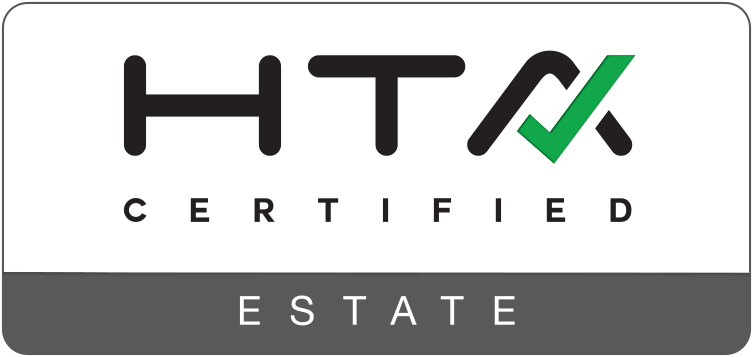How Can I Control Who Uses My Wi-Fi?
Removing strangers from your Wi-Fi network is easy, but detecting them is hard. You may not even notice unauthorized users, such as your neighbor’s kid, who uses your internet to watch viral videos. Although you want to be nice and allow others to use your network, strangers who mooch off of it usually don’t have your best interests at heart.
Discover why it’s important to only allow trusted users to connect to your Wi-Fi.
IS IT DANGEROUS TO ALLOW STRANGERS TO CONNECT TO MY WI-FI?
The only people who should be on your network are your family. If your Wi-Fi connection is set to public, then your neighbors or passerby can connect to it. If they misuse your network, they can slow down your connection’s speed, introduce malware to your devices, or access illegal websites.
Being nice to strangers and allowing them to connect to your internet isn’t worth the risks. Follow these best-practice security guidelines to minimize the risk of unauthorized network intrusion.
SHARING YOUR WI-FI IS ALL ABOUT TRUST
Let’s start by breaking down what it means to share your internet connection. One of the primary reasons why every household with Wi-Fi needs a router is because it provides a firewall between an untrusted network, such as the internet, and a safe network, such as the local network you use for all your devices.
Moreover, you implicitly trust every phone, tablet, or computer connected to your local network on the “trusted” side of your router. You’ve probably taken every appropriate step to keep them secure, and you’re aware of the expertise and knowledge levels of the users of these devices.
What’s the bottom line? You can assume there’s a reasonable level of safety associated with those devices being allowed to communicate with each other. Moreover, you don’t have to worry about enabling a firewall to your computer because your router’s firewall protects your devices from untrusted sources.
Giving your neighbor your Wi-Fi password drastically changes this dynamic. By sharing your password, you’re allowing them to access the trusted side of your router. Do you trust your neighbor with this type of access?
Even if you trust them, do you trust their children? What if they give your password to other people in your neighborhood?
WHAT COULD POSSIBLY GO WRONG?
Allowing strangers and acquaintances to use your internet can cause the following problems:
They could infect your computer with malware: You probably don’t know how up to date your neighbors are on computer security. Perhaps they’re not tech-savvy, so they don’t know about anti-malware software. Your computers are vulnerable to threats from poorly maintained computers on your network.
They can potentially access your computer: On the other hand, if your neighbor is tech-savvy, they may find a way to directly access your computer. If you have remote desktop enabled, they can try logging into your device.
They can breach your data: A more likely scenario is your neighbor finding a way to access your computer’s sensitive files. Worst of all, they may be able to access all the information on all the devices connected to your network.
They might get you in trouble: If your neighbor begins to download copyrighted or illegal material, the authorities will be able to trace it back to your connection. You may be held liable for your neighbor’s actions because it will be difficult to prove you weren’t the one doing the illegal online activities.
They will slow down your internet’s speed: Granting your neighbor access to your Wi-Fi can impact your ability to use it. For instance, if they constantly stream movies or play games, your internet speed will become sluggish.
HOW CAN I PROTECT MY WI-FI?
Fortunately, blocking someone from your network is as easy as changing your Wi-Fi password to a secure one. Additionally, you can encrypt your network’s traffic with WPA or WPA2 encryption.
Every device that’s connected to your network will have to re-enter the new password if they want to continue accessing it. For added protection, you can change your network’s name and disable its SSDI broadcast. Suppressing the SSDI broadcast will make your network appear offline.
We recommend you check your router’s control panel once a month and be on the lookout for suspicious devices. If you follow our suggested security practices, but your network is repeatedly compromised, reach out to your internet service provider for assistance.
CONTACT AMT Integration
Your network is your home or business’s central nervous system for all communications. The technology experts at AMT Integration will work with you to find a complete home networking solution that satisfies your system’s needs. We know that a high-speed, secure network provides your home or business with the functionality and protection you need. Contact us today to learn more.







